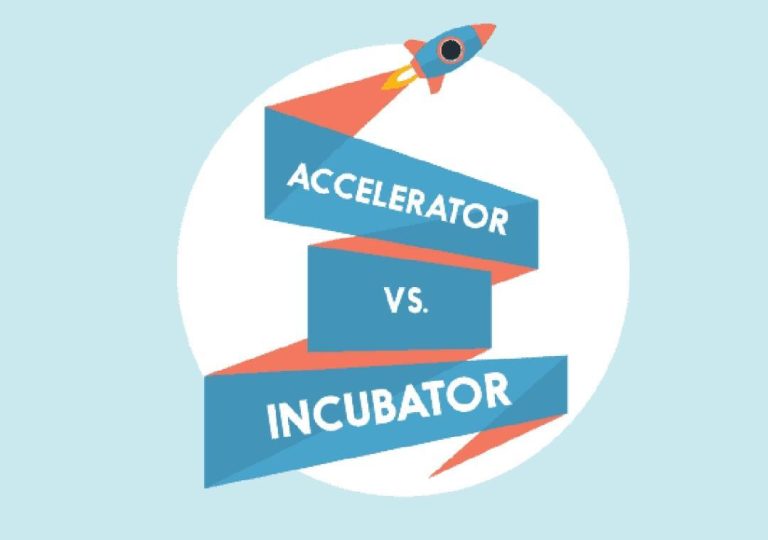
AI, Creators & Tier-2 Cities Power India’s Startup Growth
The Indian startup ecosystem has been gaining momentum in recent years, and the latest trends suggest that this growth is unlikely to slow down anytime soon. A recent report by Meta-A&M reveals some fascinating insights into the strategies that Indian startups are adopting to scale and succeed. In this blog post, we’ll delve into the key findings of the report and explore how AI, omnichannel models, Tier-2 and Tier-3 city expansion, and creator-driven branding are powering India’s startup growth.
AI Adoption: The New Normal
The report reveals that a staggering 70% of Indian startups are using artificial intelligence (AI) to drive their businesses. This is no surprise, given the numerous benefits that AI can bring to the table, from improved customer service to enhanced data analysis and decision-making. AI-powered chatbots, for instance, can help startups provide 24/7 customer support, while AI-driven analytics can help them gain valuable insights into customer behavior and preferences.
One of the key advantages of AI adoption is its ability to help startups personalize their offerings and improve customer engagement. By leveraging AI-driven insights, startups can create targeted marketing campaigns, offer personalized product recommendations, and even anticipate customer needs. This level of personalization can be a major differentiator for Indian startups, especially in a crowded and competitive market.
Omnichannel Models: The Future of Customer Engagement
Another trend that’s gaining traction in the Indian startup ecosystem is the adoption of omnichannel models. According to the report, 67% of Indian startups are now using omnichannel models to connect with their customers. Omnichannel models involve integrating multiple touchpoints, such as social media, email, messaging apps, and in-store experiences, to create a seamless and consistent customer experience.
The benefits of omnichannel models are numerous. By providing customers with a seamless experience across multiple channels, startups can increase customer loyalty, reduce churn rates, and even drive revenue growth. Omnichannel models also enable startups to collect valuable customer data, which can be used to inform business decisions and improve overall performance.
Tier-2 and Tier-3 City Expansion: The Next Frontier
While many Indian startups have traditionally focused on the larger cities, such as Delhi, Mumbai, and Bengaluru, a growing number are now targeting smaller cities and towns. According to the report, 95% of Indian startups are now targeting Tier-2 and Tier-3 cities, which offer significant growth potential and untapped markets.
The advantages of expanding into Tier-2 and Tier-3 cities are numerous. For one, these cities often have lower operational costs and a more affordable cost of living, which can be a major advantage for startups. Additionally, Tier-2 and Tier-3 cities often have a younger, more educated population, which can be a valuable talent pool for startups.
Creator-Economy: The Rise of Influencer Marketing
Another trend that’s gaining traction in the Indian startup ecosystem is the rise of the creator-economy. According to the report, 88% of Indian startups are now partnering with influencers early in their marketing strategies. This trend is driven by the increasing popularity of social media and the desire of brands to connect with their target audience in a more authentic and personalized way.
The benefits of influencer marketing are numerous. By partnering with influencers, startups can tap into their follower base, increase brand awareness, and drive conversions. Influencers can also provide valuable insights into customer behavior and preferences, which can be used to inform business decisions.
Conclusion
The Indian startup ecosystem is rapidly evolving, driven by the adoption of AI, omnichannel models, Tier-2 and Tier-3 city expansion, and creator-driven branding. These trends are reshaping how startups scale, connect with users, and build future-ready brands across India.
As the Indian startup ecosystem continues to grow and evolve, it’s likely that we’ll see even more innovative strategies and approaches emerge. By staying ahead of the curve and embracing these trends, Indian startups can continue to thrive and make a meaningful impact on the global economy.






